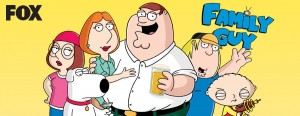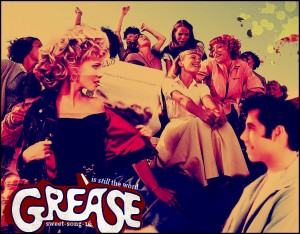Who Needs Board Games?
In an attempt to make up for the lost profits in the fourth quarter of 2011, and stay with the evolving times, popular toy companies like Mattel and Hasbro are adding technology into recent editions of classic toys. In an article from the New York Times entitled “Go Directly, Digitally to Jail? Classic Toys Learn New Clicks,” Stephanie Clifford, documents the integration of technology into the most historically loved toys.
Hot Wheels no longer need to travel along tracks of small pieces that that children slaved away putting together, instead the newest cars have sensors and move across an iPad screen. Remember the game of Life, and the spinner that went up to ten instead of the traditional six on dice? Remember the excitement that would come across a child’s face as the ticking sound slowed before the coveted ten space spin? Well that can now be done on the iPad too! Who needs to physically spin the wheel? Better yet, remember the kid who cheats and lies about how much money he had accumulated during a game of Monopoly? That won’t happen anymore because now the virtual monopoly counts your money for you! When I was growing up Barbie and her plethora of outfits was enough to occupy my time for hours, but perhaps watching their parents’ excessive use of technology has taught kids that imagination and dolls are not enough. Mattel has now inserted a digital camera onto Barbie’s stomach with software to upload the photos and videos onto a computer.
While it is hard to say what Stephanie Clifford thinks of this parallel evolution of toys with technology, as it is more of an informative piece and less of an editorial, it is easy to see that the benefits technology brings, also brings significant problems. Just as we discussed in class after reading the Rad Bradbury short story “The Veldt,” children who become dependent on technology for entertainment lose out on the imagination and play that is essential to what we think of when we think of a child. Monopoly wasn’t just a game to see who could collect the most money, but it also taught basic mathematic skills that are eliminated when the child no longer has to count their own money. Additionally Monopoly was a social game, a family game, and now who needs family or friends when you can play against a computer! Remember how boring it would be when you had to wait for someone else to take his or her turn? That too can be eliminated while playing with a computer! You can fast forward through their turn!
You definitely lose out not having board games be the way they used to, it is amazing how young kids can use the technology so efficiently. The father in the YouTube video below seems to think the benefits and educational games that iPads and technology offer, could outweigh the loss of mathematics and socialization.
Video from YouTube of a 2 year old efficiently using an iPad and playing an educational game







